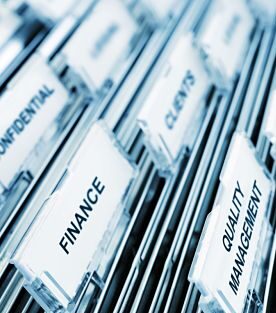- 1 (587) 409-4998
- contact@galapalmercpa.ca
- 638 11 ave sw Suite 200, Calgary, T2R 0E2
ACCOUNTING | BUSINESS CONSULTING | TAX PLANNING

Serving Calgary, meet a chartered professional accountant to help your business meet all of its financial goals. If you are a small business owner, you may know what a knowledgeable, experienced accountant brings to the table.

See high quality accounting and bookkeeping services for small businesses in Calgary just a click away. As your one-stop professional bookkeeper service, we’ll keep your books up to date, ensure any government remittances are filed, and assist in ensuring you have the financial information to make informed decisions on how to run your business.

As small business and corporate tax specialists, we can assist with your tax preparation and any tax-related commitments you may have. Every day, through our accounting and bookkeeping services, we help clients from all backgrounds maximize their tax opportunities and minimize the amount they pay.
Let us know if you have any questions